You can see it all now -- it's a sunny day, and you're sitting at a wooden table in your olive grove, eating olives and crusty bread, and drinking wine with your friends and family. You grew and cured those olives yourself.
Key Steps for Determining Your Best Variety of Olive
- Determine your USDA hardiness zone and then choose your zone number in the sidebar under USDA Zone.
- Decide if you want olives for eating (Table), for oil production, or both. Keep in mind that olives must be cured before eating. Watch Tricia demonstrate how to cure olives using different methods.
Here Are A Few Suggestions Based on Climate
Cold Climates
Regions where temperatures can fall as low as 18°F and snow may fall occasionally. The selected varieties can withstand short periods of cold.
Moderate Climates
Regions where minimum temperatures are usually between 25-27°F, and rarely drop below 21°F. Most varieties sold in the US fall into this category.
- Most common varieties
Warm Climates
Regions where winter temperatures rarely fall below 28 to 32°F. Any warmer, and the trees do not receive the winter chill required for dormancy.
- Kalamata
- Manzanillo
- Arbequina
- Koroneki
Not all olive varieties are listed here, but each tree has a suggested USDA zone, which should be your guideline. Olive trees can be grown in pots for several years and brought indoors during cold winters.
Conclusion
If you love olives or want to try pressing your own oil, now is the time to plant an olive tree. Explore our selection of olive trees for sale and start your own grove today!


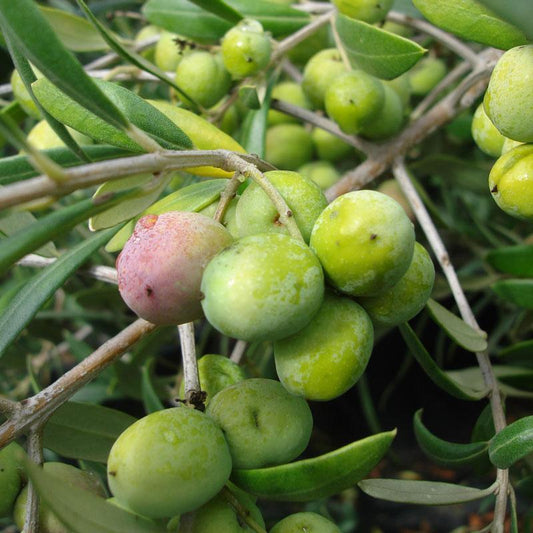
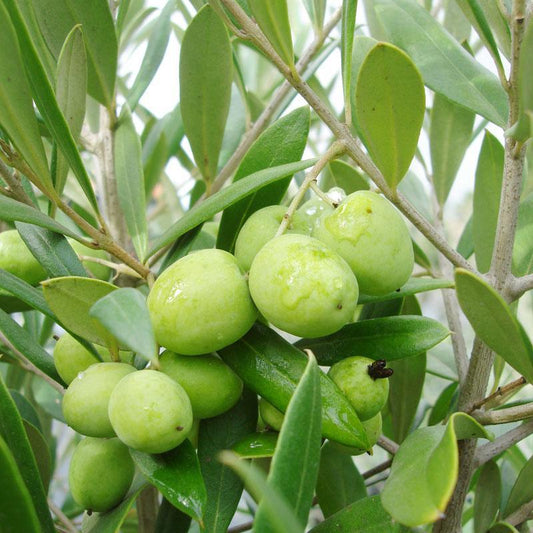
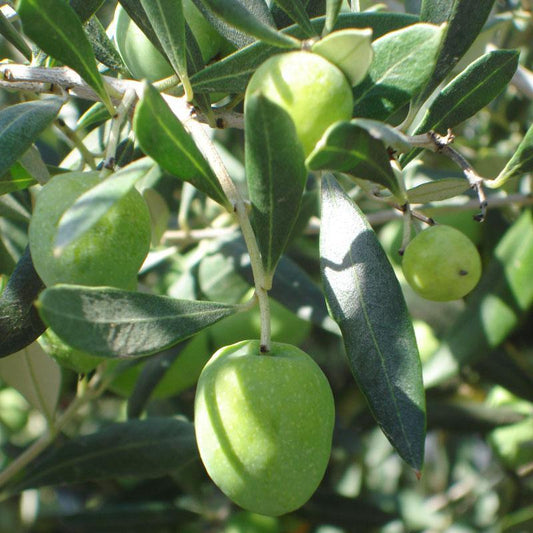
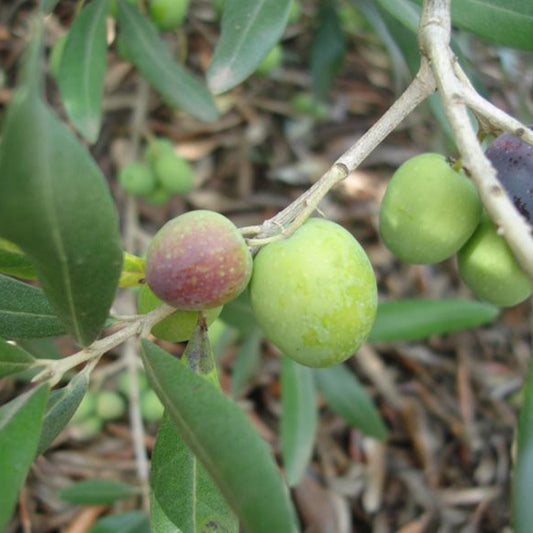

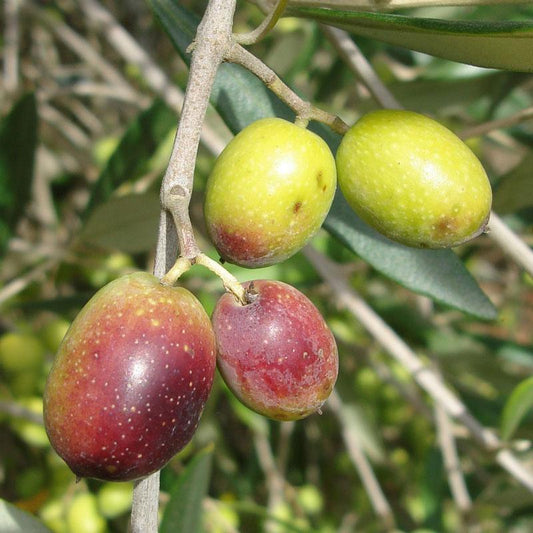
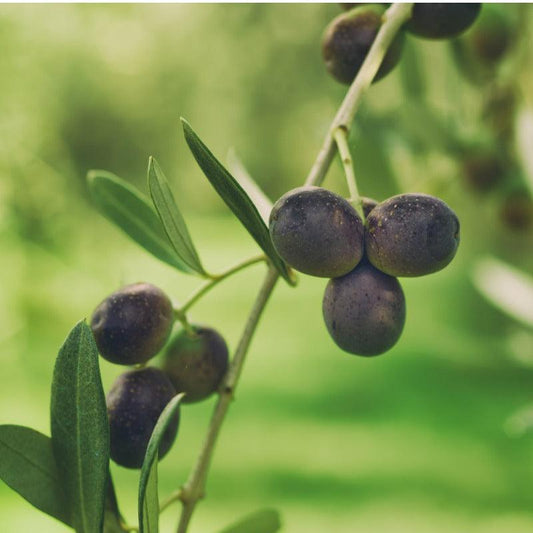
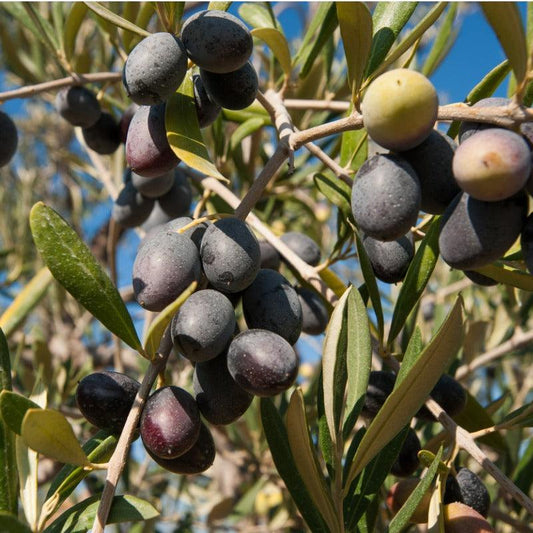
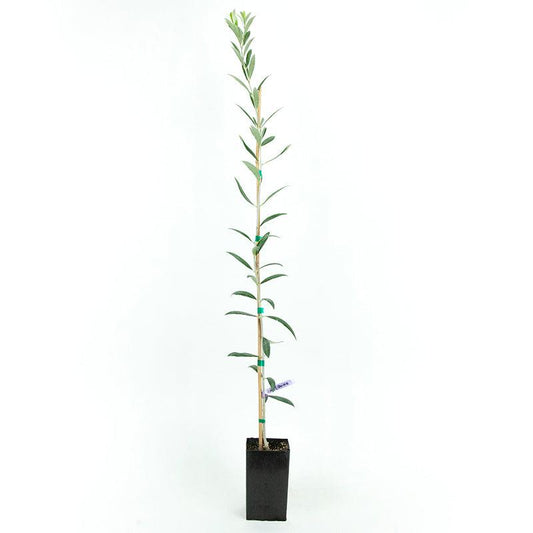
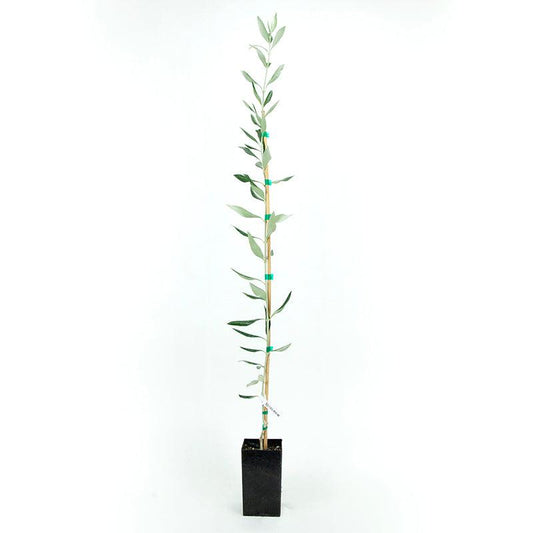
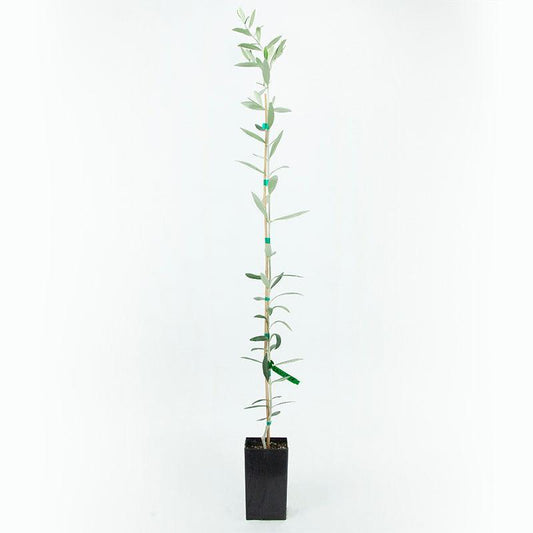
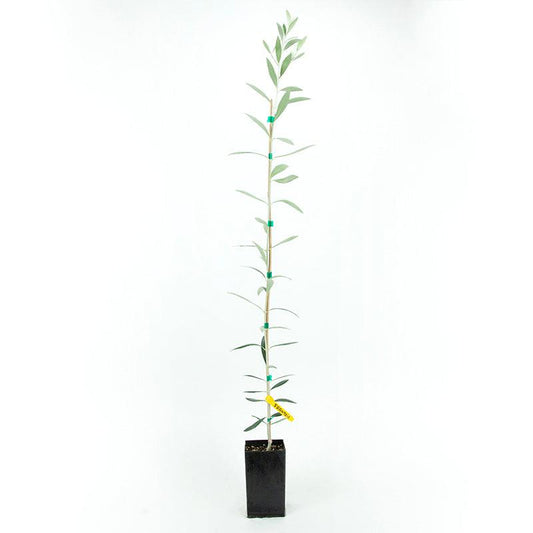
8 comments
Are all of your olive trees on a grafted rootstock? If so, what type of rootstock and what is the purpose of grafting them onto a rootstock?
Xavier, no one here has actually pressed their olives for oil. But you can do a quick google search to see what equipment is out there for pressing olives. Or you may want to call up a farmer that is selling olive oil (making it) in your area and ask them.
Hey,
How do you press your olives or what machinery ?